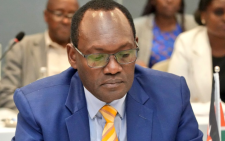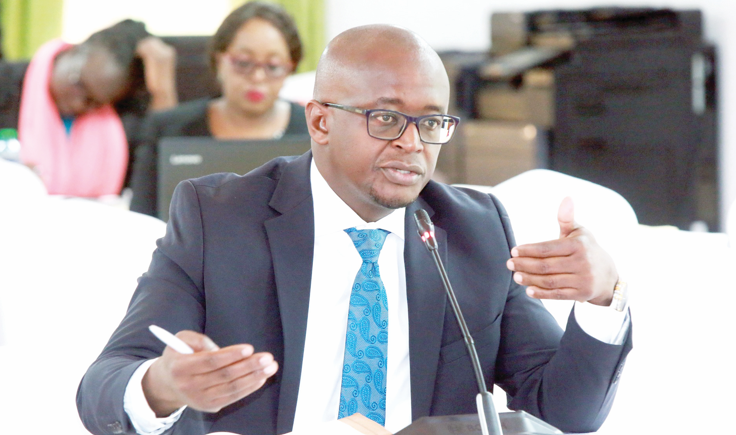The online news consumption has overtaken print media and TV as the primary source for many people over the past decade shouldn’t come as a surprise. Unfortunately, this shift has brought a surge in the prevalence of both disinformation and misinformation, causing concerns.
In a recent report, Reuters estimated that 77 per cent of more than 90,000 respondents surveyed across 47 countries this year get their news online, compared with 55 per cent who watch TV and just 19 per cent who still read printed news.
In Africa, a survey by KnowBe4 found that 84 per cent of respondents across five countries – Botswana, Kenya, Mauritius, Nigeria, and South Africa – rely on social media for their news.
Much as this shift toward social media for news is understandable given its convenience and accessibility, this trend is fraught with danger. Relying on social media as a primary news source poses significant risks, as disinformation threatens not only individuals’ understanding of events but also the stability of entire societies.
Platforms like Facebook and TikTok, where most young people access news, are particularly concerning due to their reputation for hosting unreliable information.
Social media platforms allow users to engage with news in real-time, share opinions, and interact with others, creating a dynamic space where everyone can participate in the information-sharing process. However, this democratisation of information has opened the door to an unprecedented spread of falsehoods.
Unlike traditional media, which adheres to journalistic standards and rigorous fact-checking, social media lacks similar oversight, making it a fertile ground for misinformation (unintentional inaccuracies) and disinformation (deliberate falsehoods).
One of the most alarming aspects of this trend is the false sense of confidence among users in their ability to differentiate between real and fake news. According to the KnowBe4 survey, 82 percent of respondents believe they can identify disinformation, despite many lacking formal education on the subject.
This overconfidence is dangerous, as research suggests that people often overestimate their ability to detect deepfakes and other forms of manipulated content that circulate on their feeds. Ironically, many individuals tend to trust AI-generated images more than authentic ones, highlighting how easily disinformation can take hold.
The growing reliance on social media for news is particularly concerning given the potential for disinformation to influence political outcomes. The Africa Centre for Strategic Studies warns that disinformation campaigns, often backed by foreign powers, have quadrupled in Africa since 2022. These campaigns are becoming increasingly sophisticated and harder to detect, often leveraging the rapid spread of information on social media.
In countries like Kenya and Nigeria, social media has already played a significant role in fuelling political unrest. In Kenya, for instance, disinformation has contributed to tribal conflicts, while in Nigeria, the use of inorganic hashtags during the last election exacerbated political tensions. The combination of easily accessible AI tools and the lightning-fast spread of information on social media makes it easier than ever for malicious actors to launch disinformation campaigns at minimal cost.
The consequences of relying on social media as a primary news source extend beyond political instability. Disinformation also deepens societal divisions, often targeting sensitive issues such as race, ethnicity, and religion. Such campaigns not only mislead the public but also erode trust in democratic institutions, further weakening the social fabric.
To address this issue, countries like Kenya must take urgent action. One way to respond is through media literacy education. Several organisations are already doing commendable work in this sphere, but more efforts are needed to empower journalists and the general public to critically assess the information they consume. Users should be educated about the emotional manipulation and polarising tactics often employed by disinformation campaigns.
Governments must also take a more proactive role in regulating social media platforms and holding them accountable for the content shared on their sites. Social media companies themselves need to enhance their vigilance by investing in technologies and strategies that can detect and remove disinformation swiftly.
— The writer is People Daily’s Business Editor




















